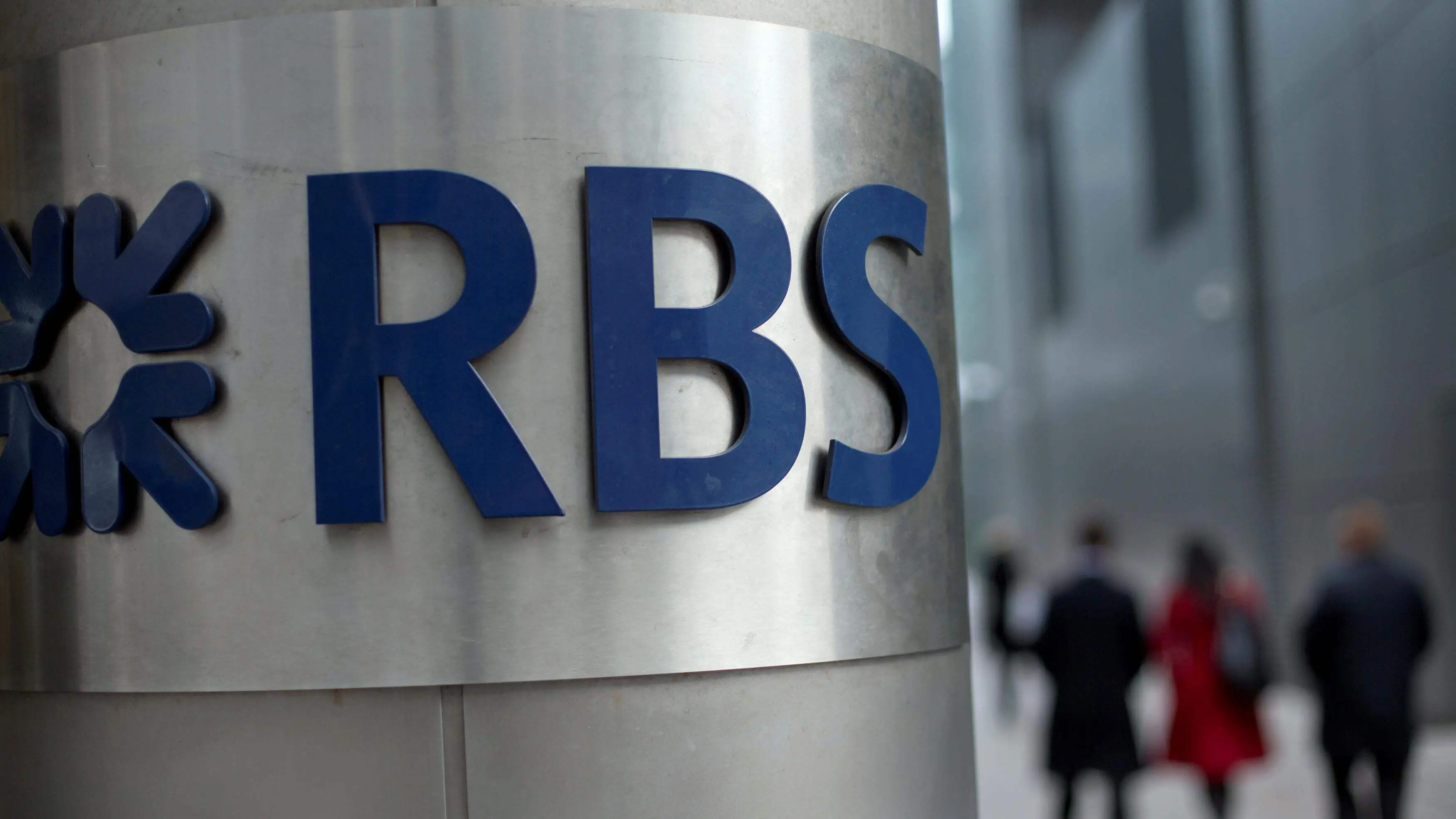The Royal Bank of Scotland (RBS) has reported profits of £1.62 billion for the year ending 2018. The year on year profit growth has been over 200% from £752 million in the preceding year. The Bank has revealed a near £1 billion windfall for the taxpayer.
This is the bank’s second consecutive year yielding profits, and its performance allows it to pay a more than expected dividend, with £977 million returning to the treasury. This is the first time since 2007 that the RBS has posted profits for two years in a row.
He further added that the bank is also announcing an intention to pay back more capital to shareholders, and claimed that £1 billion is about to be returned to the UK taxpayers for 2018.
The RBS will be paying a final ordinary dividend of 3.5p per share and a 7.5p special dividend. Ross McEwan, chief executive officer of RBS, said in a statement that this was a positive performance in times of economic and political uncertainty, commending the bottom-line profits than doubled from what the bank achieved in the preceding year. Apart from the profit figures, the annual report published by the RBS also showed that the pay package of McEwan from £3.5 million in 2017 to £3.6 million in 2018.
He further added that the bank is also announcing an intention to pay back more capital to shareholders and claimed that £1 billion is about to be returned to the UK taxpayers for 2018. McEwan said that they are very well positioned to support the UK economy accompanied by strong capital and liquidity levels. He also said that the total banks lending to business and commercial clients crossed the £100 billion mark at the end of 2018.
However, McEwan has warned against a no deal Brexit. In a recent interview, he opined that uncertainty over Brexit was hitting investments, and urged politicians to come up with a conclusion as early as possible. He stated that larger businesses have been pausing investments in the UK for the last few quarters. This might adversely affect small businesses who cater to the large ones, ultimately trickling down jobs and money that comes into the economy. He expressed his concerns on the approaching deadline of March end and felt that certainty over the big fallout is extremely crucial for business.
Nonetheless, the RBS has declared that it would pay £355 million as bonuses to staff. Past week RBS acquired shareholder approval to buy back shares of up to £1.5 billion value from the Treasury. The move aims to accelerate the privatization process by buying back 4.99% of the government’s stake per year. Currently, the British Government owns 62.4% shares in the RBS. As on today, the bank’s stock is trading around 240p per share, which is far less than 502p that the government paid as a bailout (£45b) during the peak of the 2008 financial crisis.
The Treasury plans to sell its stake in the RBS by 2024, with expected losses amounting to billions.
